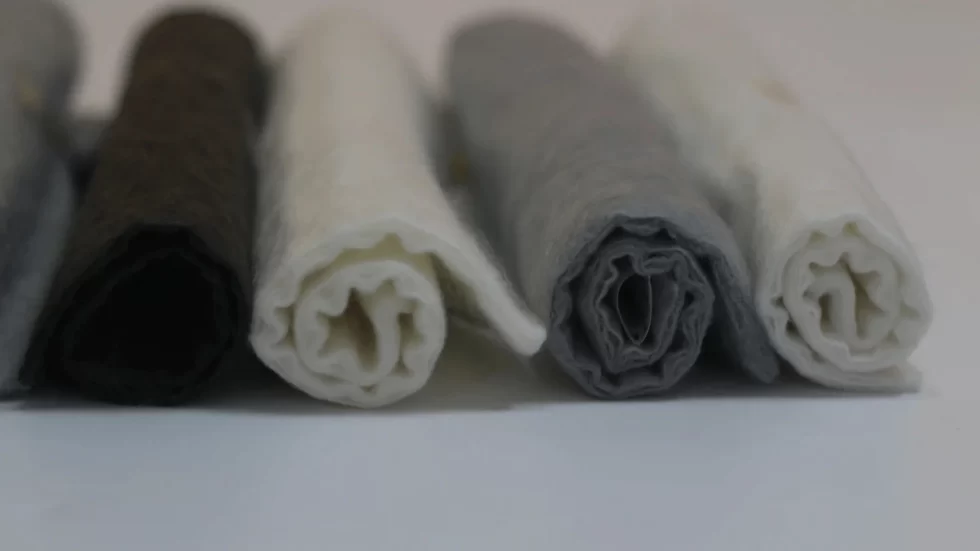
Geotextile fabrics are indispensable materials in various civil engineering and environmental projects, offering a myriad of functions from soil stabilization to filtration. When it comes to Non Woven Geotextile Fabric and Geotextile Fabric, ensuring the highest quality is paramount for optimal performance and longevity. Here are some essential tips to guide you in selecting the best quality geotextile for your project:
- Understanding Your Project Requirements: Before diving into the world of geotextiles, thoroughly assess your project’s needs. Determine factors such as soil type, drainage requirements, load-bearing capacity, and environmental conditions. This initial analysis will help you choose the most suitable Geotextile Fabric tailored to your specific application.
- Quality Certification: Always prioritize geotextile products that meet industry standards and certifications. Look for certifications which ensure manufacturing processes adhere to stringent quality control measures. Additionally, certifications which provide assurance of product performance and durability.
- Material Composition: The composition of the geotextile fabric significantly influences its strength, permeability, and longevity. Opt for materials like polypropylene or polyester for superior tensile strength and resistance to environmental factors such as UV degradation and chemical exposure. Non Woven Geotextile Fabric, in particular, offers excellent filtration properties and is ideal for separation and drainage applications.
- Thickness and Weight: The thickness and weight of the geotextile fabric play a crucial role in its effectiveness and durability. Thicker fabrics typically offer higher puncture resistance and load-bearing capacity, making them suitable for heavy-duty applications such as road construction and erosion control. However, consider the trade-off between thickness and permeability to ensure adequate drainage and filtration.
- Permeability: Proper drainage is essential for preventing water buildup and maintaining soil stability. Choose geotextile fabrics with balanced permeability that allow efficient water flow while preventing soil erosion and clogging. Conduct permeability tests or consult with geotechnical engineers to ensure the selected fabric meets the hydraulic requirements of your project.
- Installation Considerations: Proper installation is crucial for maximizing the performance and longevity of geotextile fabrics. Ensure the fabric is installed with the correct orientation and overlap to minimize the risk of seam failure and soil intrusion. Additionally, consider factors such as anchoring methods, slope stabilization, and protection from construction traffic during installation.
- Long-Term Durability: Selecting a geotextile fabric with long-term durability is essential for minimizing maintenance and replacement costs. Evaluate factors such as UV stability, chemical resistance, and biological degradation resistance to ensure the fabric can withstand the rigors of environmental exposure over its service life.
- Supplier Reputation: Choose reputable suppliers with a track record of providing high-quality geotextile products and excellent customer service. Research supplier credentials, customer reviews, and past project references to gauge their reliability and expertise. Establishing a strong partnership with a trusted supplier ensures ongoing support and access to quality materials for future projects.
In conclusion, investing in the best quality geotextile fabric is essential for the success and longevity of civil engineering and environmental projects. By considering factors such as material composition, certification, permeability, and installation considerations, you can ensure optimal performance and durability. Remember to prioritize quality over cost and collaborate with reputable suppliers to achieve superior results in your projects.
For more information about Geotextile Non Woven Factory in Indonesia, please contact: Whatsapp/Mobile Phone : +62 811 1721 338 (Ms. Ratna), or: Email : [email protected]
